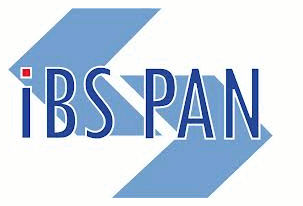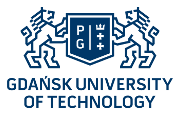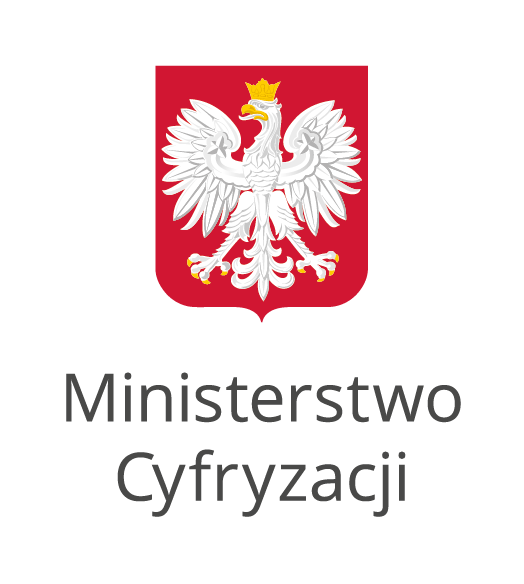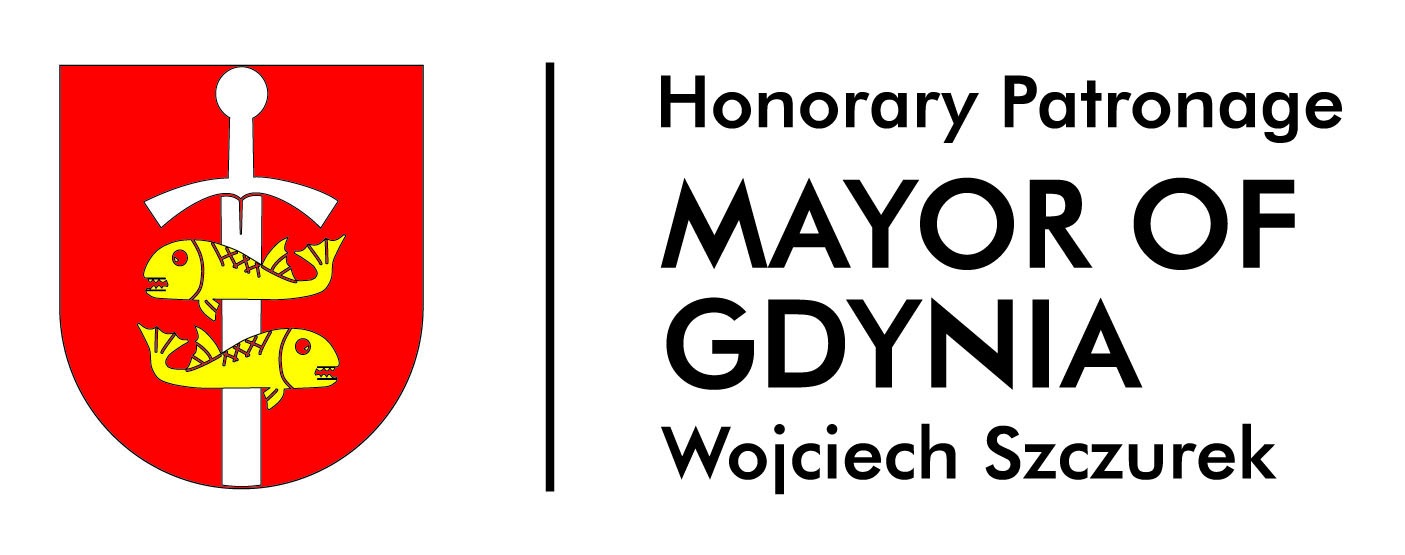10th International Workshop on Multi-Agent Systems and Simulation (MAS&S'16)
Gdansk, Poland, 11 - 14 September, 2016
Multi-agent systems (MASs) provide powerful models for representing both real-world systems and applications with an appropriate degree of complexity and dynamics. Several research and industrial experiences have already shown that the use of MASs offers advantages in a wide range of application domains (e.g. financial, economic, social, logistic, chemical, engineering). When MASs represent software applications to be effectively delivered, they need to be validated and evaluated before their deployment and execution, thus methodologies that support validation and evaluation through simulation of the MAS under development are highly required. In other emerging areas (e.g. ACE, ACF), MASs are designed for representing systems at different levels of complexity through the use of autonomous, goal-driven and interacting entities organized into societies which exhibit emergent properties The agent-based model of a system can then be executed to simulate the behavior of the complete system so that knowledge of the behaviors of the entities (micro-level) produce an understanding of the overall outcome at the system-level (macro-level). In both cases (MASs as software applications and MASs as models for the analysis of complex systems), simulation plays a crucial role that needs to be further investigated.
Topics
MAS&S'16 aims at providing a forum for discussing recent advances in Engineering Complex Systems by exploiting Agent-Based Modeling and Simulation. In particular, the areas of interest are the following (although this list should not be considered as exclusive):
- Agent-based simulation techniques and methodologies
- Discrete-event simulation of Multi-Agent Systems
- Simulation as validation tool for the development process of MAS
- Agent-oriented methodologies incorporating simulation tools
- MAS simulation driven by formal models
- MAS simulation toolkits and frameworks
- Testing vs. simulation of MAS
- Industrial case studies based on MAS and simulation/testing
- Agent-based Modeling and Simulation (ABMS)
- Agent Computational Economics (ACE)
- Agent Computational Finance (ACF)
- Agent-based simulation of networked systems
- Scalability in agent-based simulation
Paper submission
- Authors should submit draft papers (as Postscript, PDF or MSWord file).
- The total length of a paper should not exceed 10 pages IEEE style (including tables, figures and references). IEEE style templates are available here.
- Papers will be refereed and accepted on the basis of their scientific merit and relevance to the workshop.
- Preprints containing accepted papers will be published on a USB memory stick provided to the FedCSIS participants.
- Only papers presented at the conference will be published in Conference Proceedings and submitted for inclusion in the IEEE Xplore® database.
- Conference proceedings will be published in a volume with ISBN, ISSN and DOI numbers and posted at the conference WWW site.
- Conference proceedings will be indexed in BazEkon and submitted for indexation in: Thomson Reuters - Conference Proceedings Citation Index, SciVerse Scopus, Inspec, Index Copernicus, DBLP Computer Science Bibliography and Google Scholar
-
Extended versions of selected papers presented during the conference will be published as Special Issue(s) of:
- Scalable Computing; Practice and Experience
- Complex Adaptive Systems Modeling (publication fee waiver for the papers that are going to be selected is expected)
- Multiagent and Grid Systems
- Computer Science Journal (7 points in current ranking of MNiSW - this is something cryptic to the outsiders, but will be clear for scientists from Poland)
- Organizers reserve right to move accepted papers between FedCSIS events.










